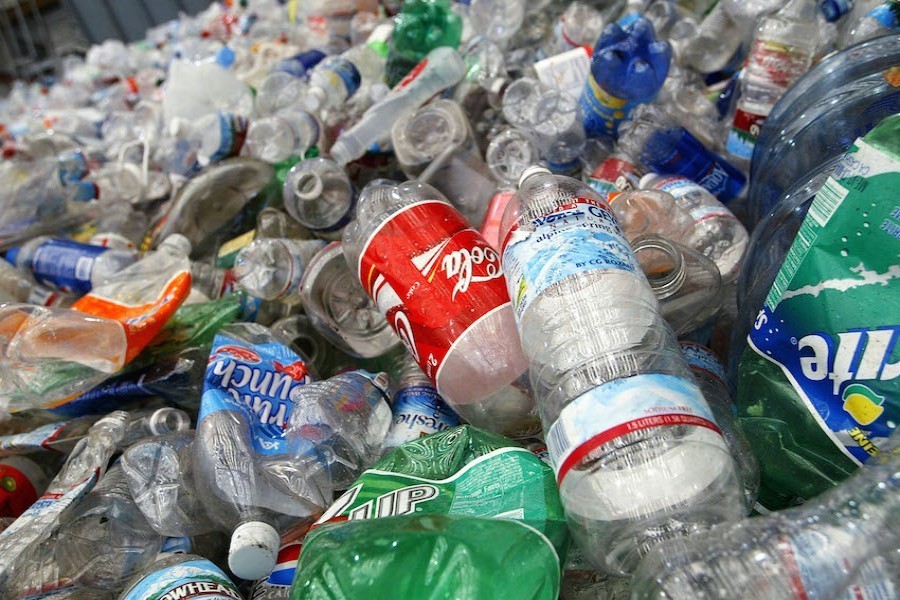As alarming as it may sound, residents in Chattogram city produce 3,000 tonnes of waste every day and 249 tonnes of it (8.3 per cent) are plastic and polythene waste.
Of the plastic-polythene waste, 109 tonnes are collected and eventually dumped in landfills, while 140 tonnes end up in the drains and canals, contributing to the port city's waterlogging problem.
These are the findings of a new study conducted by the students of Chittagong University of Engineering and Technology (CUET).
The findings of the research paper, titled 'Study on environmental pollution and adverse effects due to plastic-polyethylene waste and alternative use in road construction', were presented at a press conference held at Chattogram Press Club on Saturday afternoon.
Pial Barua and Al Amin, two students of the civil engineering department at CUET, conducted this research supervised by Professor Swapan Kumar Palit of the same department. CUET carried out this research for the last one year in fifteen wards of the city, while Bangladesh Environment Forum provided overall support in the research work.
According to the study, plastic waste pollution is increasing day by day due to widespread plastic dumping, lack of sufficient dustbins, lack of necessary legal action, burning of plastic, and ignorance about the causes of plastic pollution, non-biodegradability and population growth.
Due to increasing plastic pollution, micro-plastics are entering the human body with food, drinking water and breathing.
Chemical additives with plastic-polyethylene are entering the human body and causing diseases like cancer, infertility and autism, says the study.
By 2051, the amount of plastic and polythene waste in the city will increase to 428 tonnes.
The study also says that 30 per cent of people recycle plastic polythene, 46 per cent never recycle plastic, 11 per cent sometimes recycle, and 13 per cent are not at all aware.
The mixing of 5-10 per cent plastic and polythene with bitumen for road carpeting will be able to reduce environmental pollution, the study adds.
Prof Swapan Kumar Palit, General Secretary of Bangladesh Environment Forum's Chattogram chapter Prof Pradeep Kumar Das, and environmental activist Manoj Kumar Deb were also present at the press Conference.


